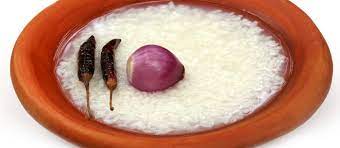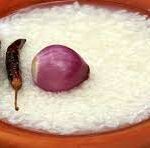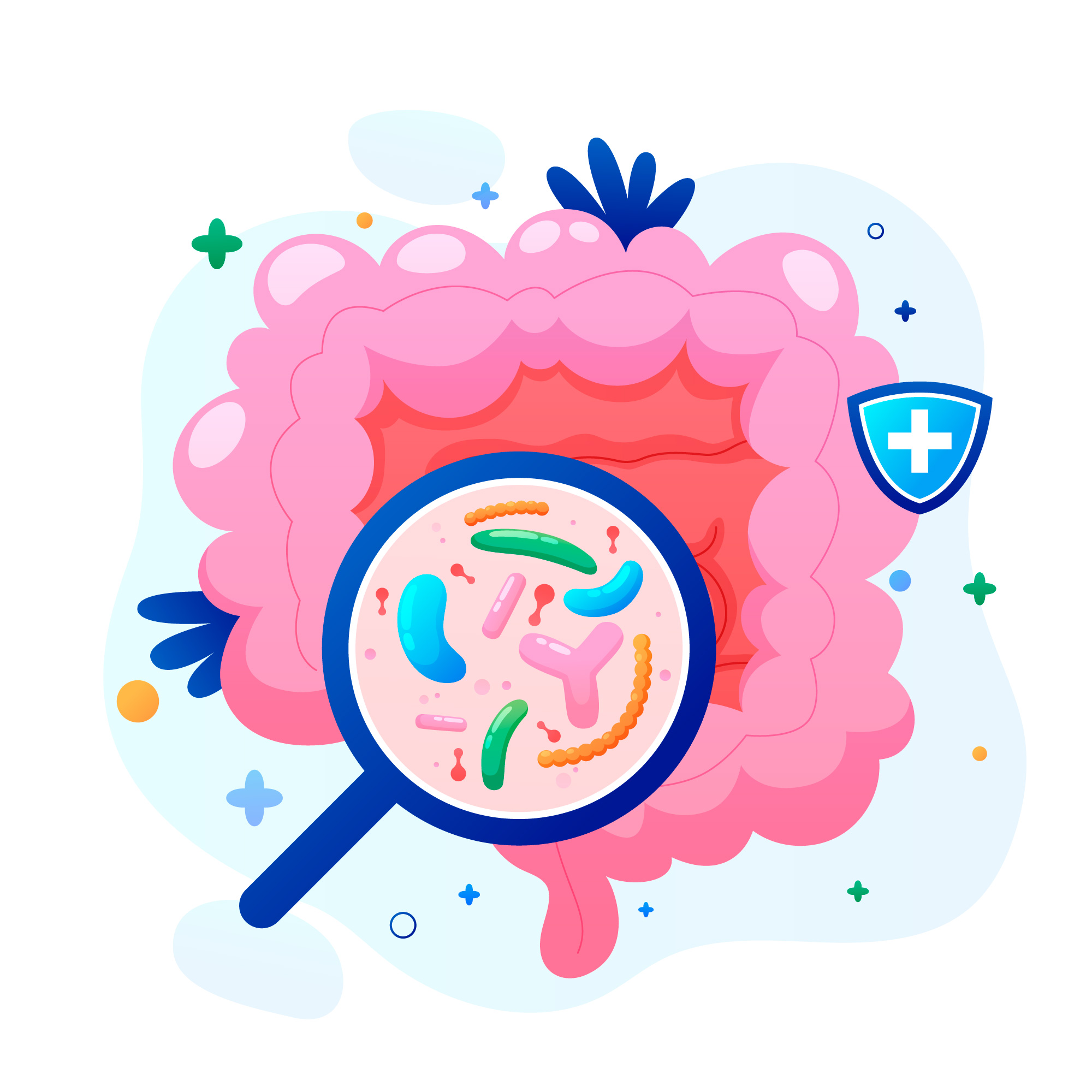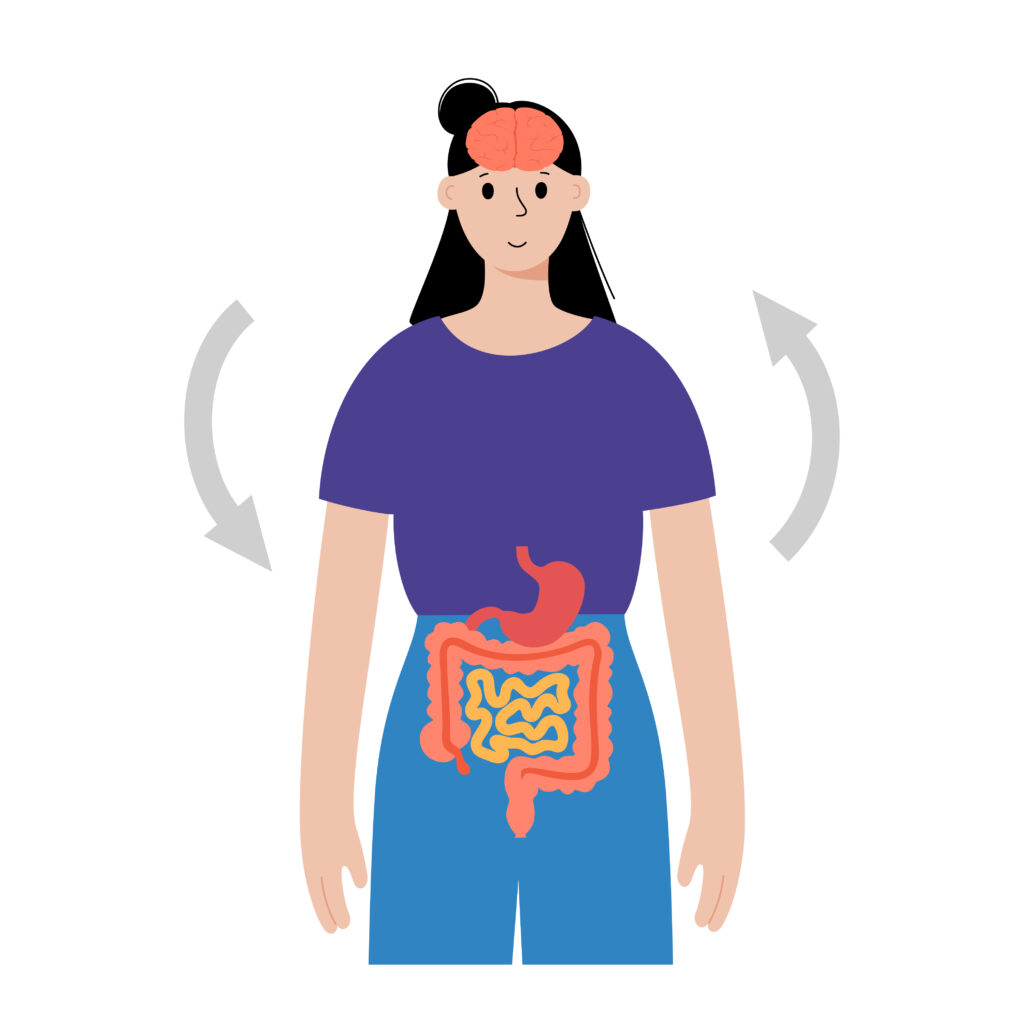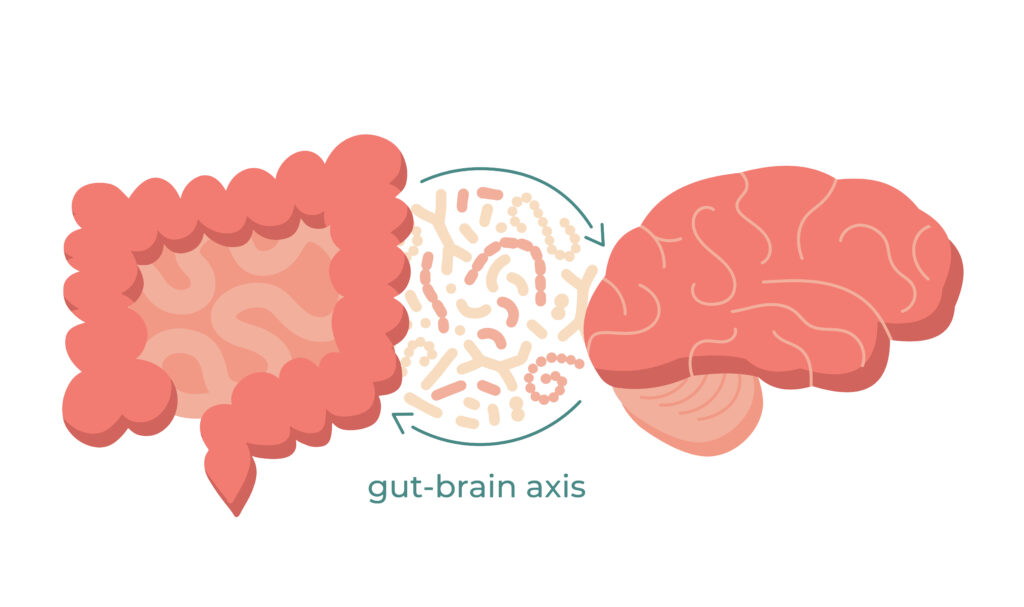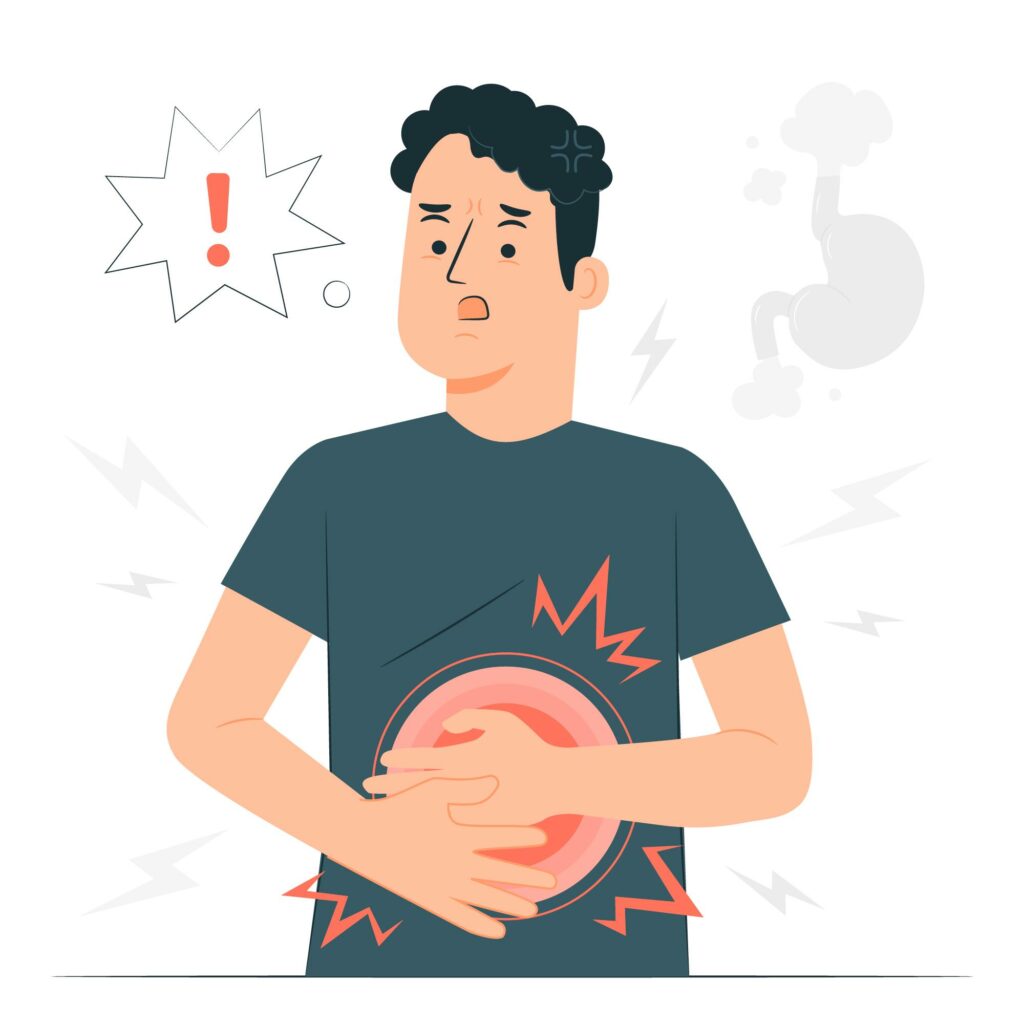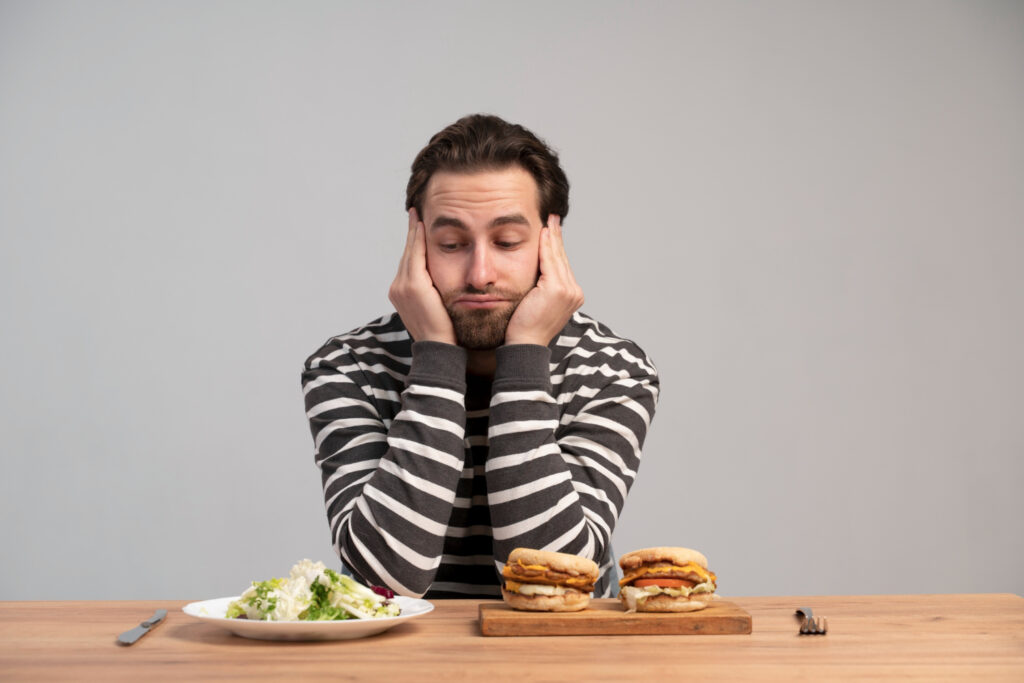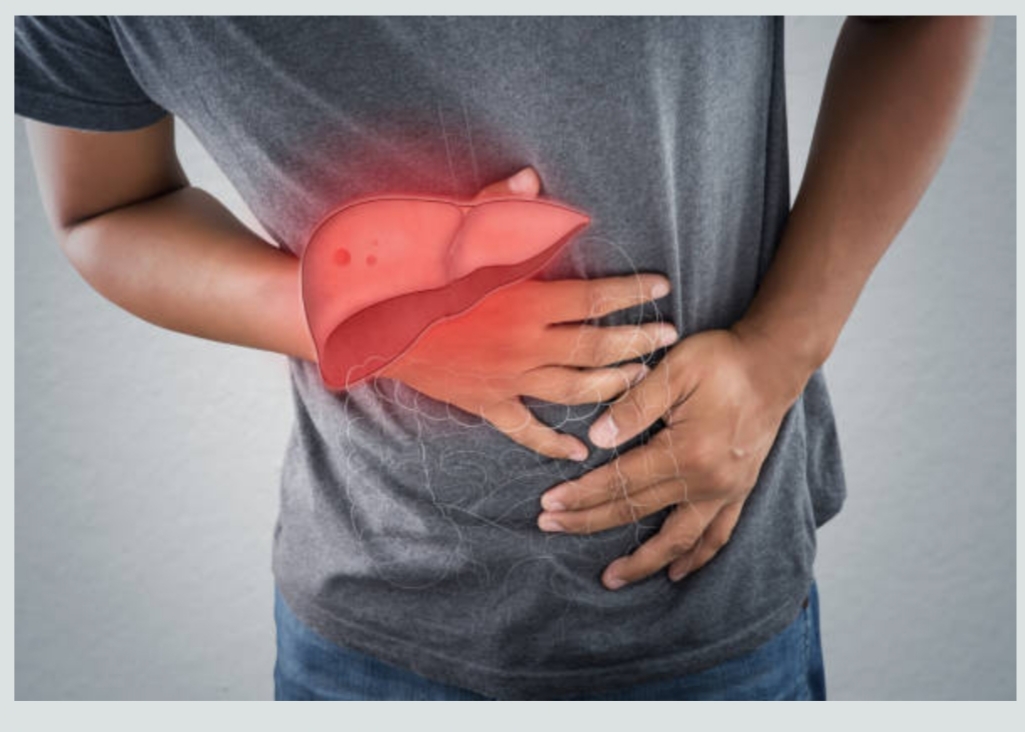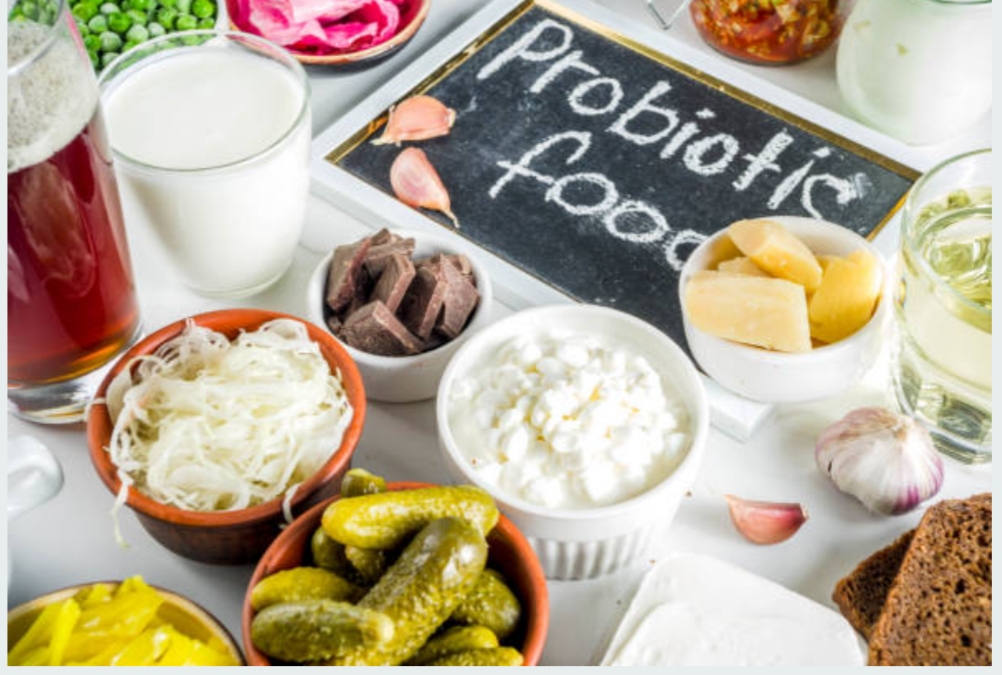
Buttermilk
Description
Buttermilk infused with ginger, curry leaves, small onions, and green chili offers a flavorful twist to this traditional beverage. The combination adds a punch of spice and aroma, enhancing the refreshing qualities of buttermilk. With each sip, the subtle heat from the ginger and green chili harmonizes with the earthy notes of curry leaves and the pungency of small onions, creating a delightful and invigorating drink perfect for any occasion.
Ingredients
- 1 cup curd
- 1 teaspoon grated ginger
- 5–6 curry leaves
- 2 small onions (finely chopped)
- 1 green chili (finely chopped)
- Salt to taste
- Water as required
- A pinch of roasted cumin powder (optional)
Instructions
- In a mixing bowl, pour the curd and water mix well make a smooth consistency.
- Add grated ginger, chopped curry leaves, finely chopped small onions, and green chili to the buttermilk.
- Season with salt according to taste.
- Optionally, sprinkle a pinch of roasted cumin powder for added flavor.
- Mix all the ingredients well until everything is evenly distributed.
- Taste and adjust the seasoning if needed.
Nutrition
- Serving Size: 1
- Calories: 120 Kcal
- Fat: 8
- Carbohydrates: 6
- Protein: 6.2


